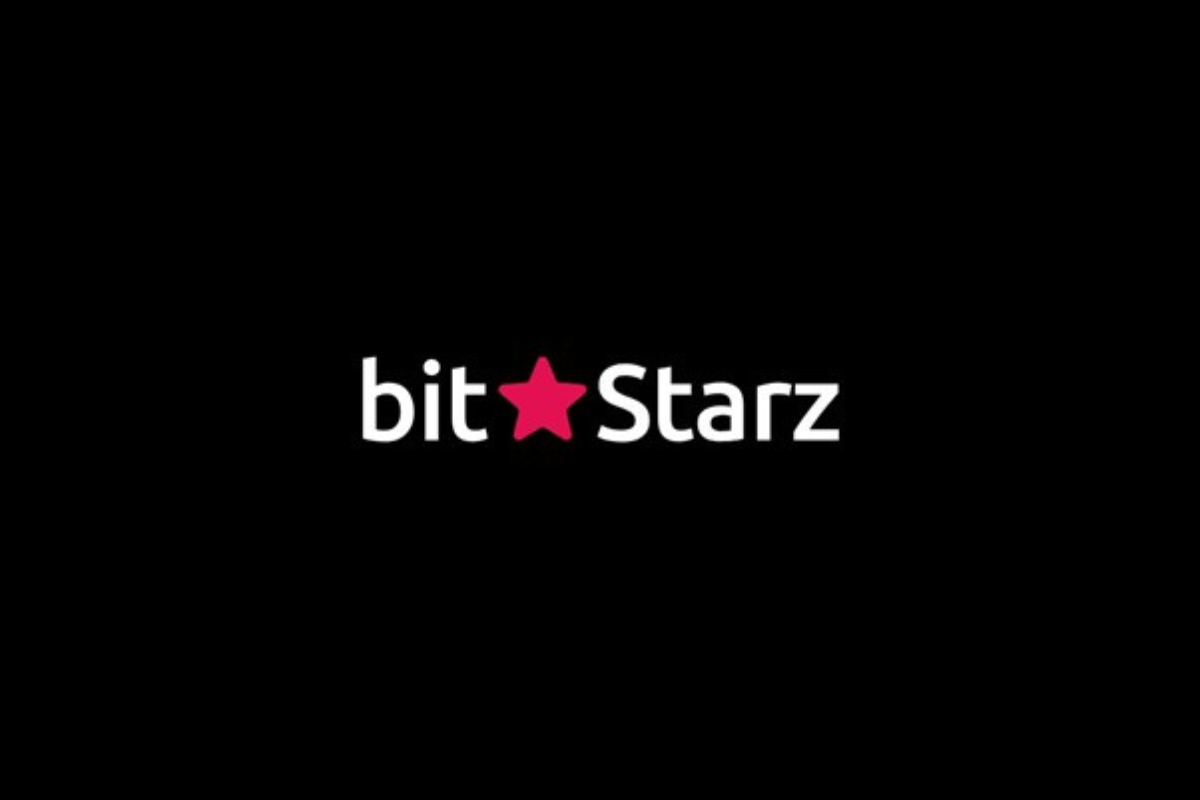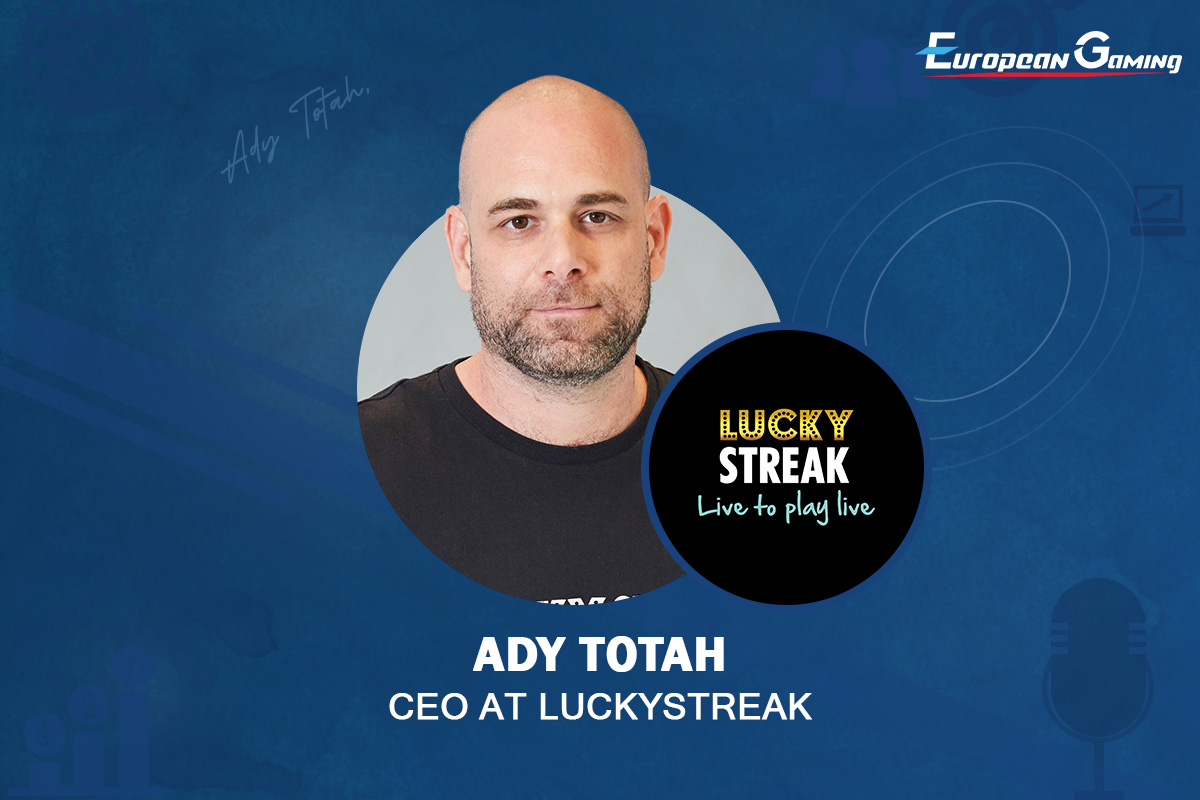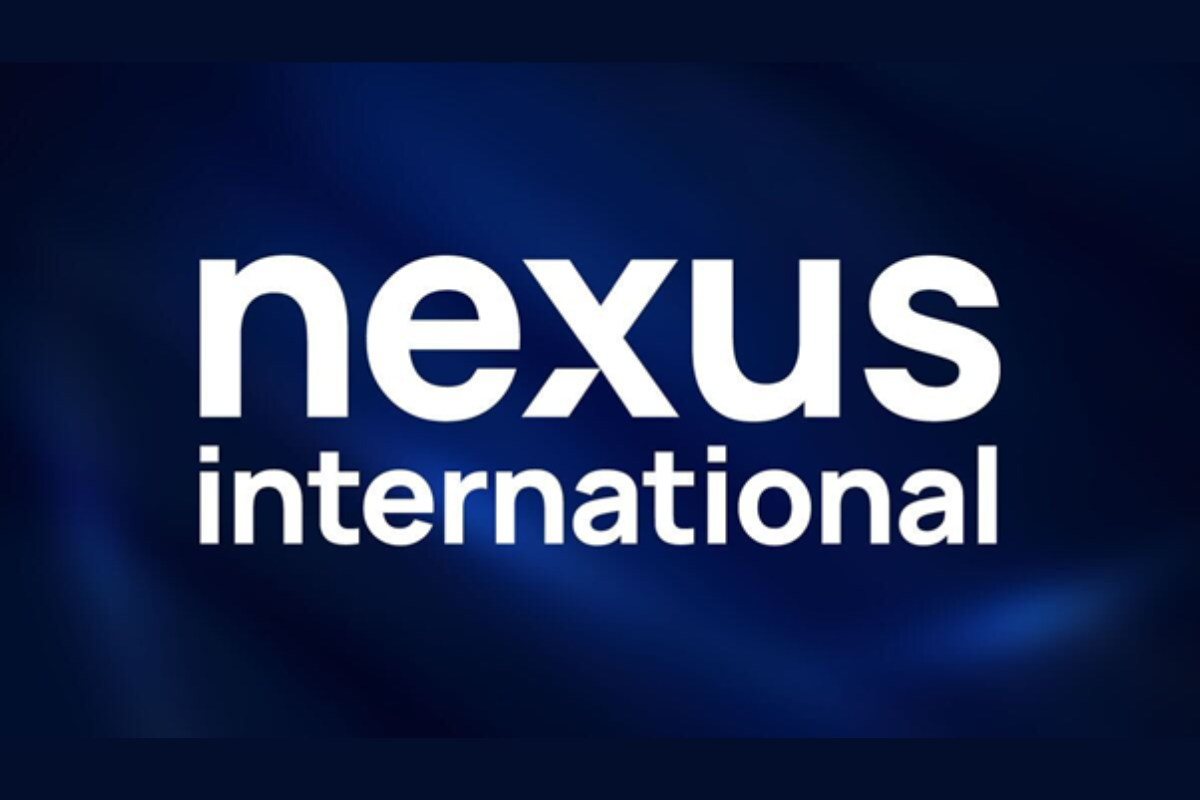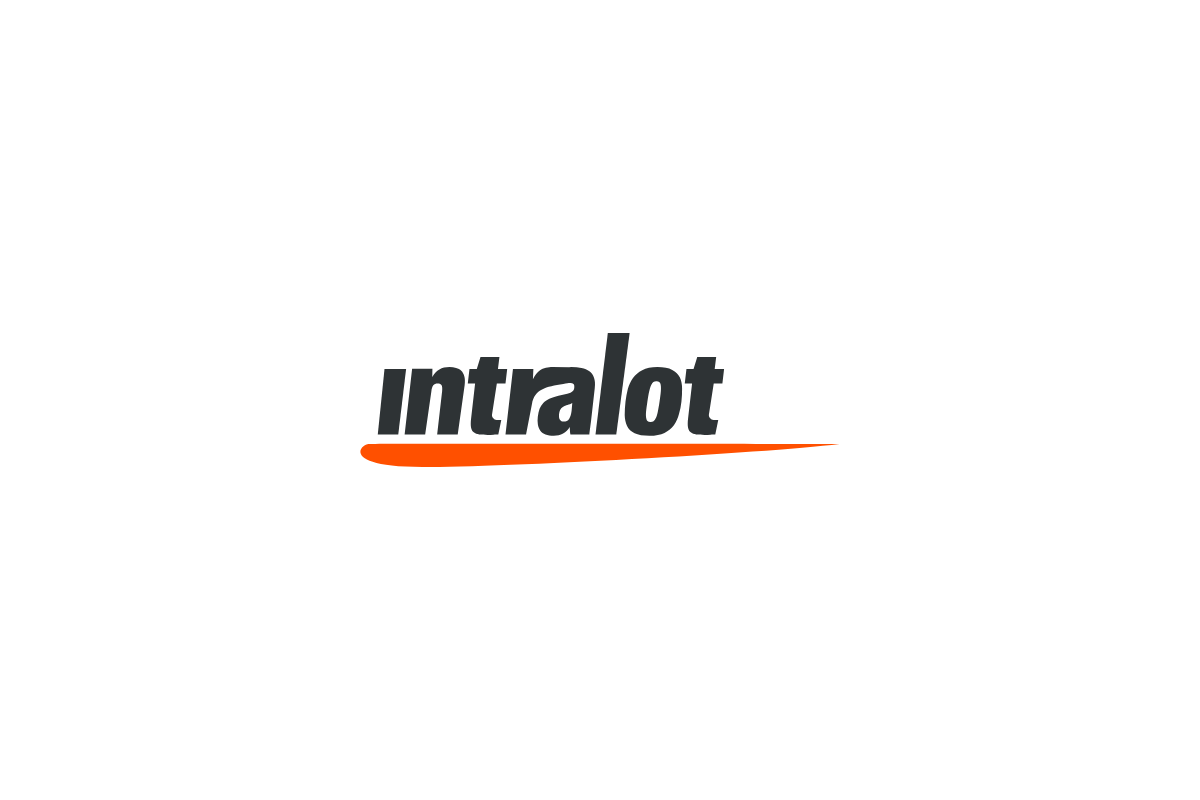Latest News
Nexus International’s Megaposta Gains Early Advantage in Brazil’s $10bn iGaming Market

Brazil’s decision to formally regulate its online betting and gaming sector has set the stage for one of the most significant expansions in the global iGaming industry. Market forecasts project annual revenues could reach $10 billion by 2029, making Brazil the largest regulated jurisdiction in Latin America and among the top ten worldwide.
For Nexus International, the privately held operator led by founder and CEO Gurhan Kiziloz, Brazil is already the single most important growth market. Its local platform, Megaposta, secured an early licence under the country’s regulatory regime, giving the company first-mover advantage in a sector where compliance hurdles have slowed competitors.
Brazil’s regulatory process concluded in early 2025, bringing clear rules on licensing, compliance, and consumer protection. Operators are required to meet standards covering know-your-customer protocols, data integrity, and responsible gambling measures. While these requirements created bottlenecks for some international brands, Nexus prepared its application and compliance framework well in advance.
This readiness has allowed Megaposta to expand steadily while rivals continue adjusting to onboarding frictions. The platform has reported strong player retention and transaction growth during H1 2025, contributing to Nexus International’s total revenue of $546 million for the first six months of the year, a 110% increase year-on-year.
The long-term economics of Brazil’s market are being shaped not just by scale but by spending patterns. Average revenue per user (ARPU) in Brazil is forecast to surpass $1,500 by 2028, a level well above the regional average. Nearly 80% of projected market growth is expected to come from rising player spend rather than simply higher volumes of users.
Megaposta’s strategy has been to capture this segment early. The platform prioritises retention, localised payment solutions such as Pix, and a sports-led betting interface designed around football, which dominates betting volumes in Brazil. By focusing on compliance and reliability rather than aggressive promotional spend, Nexus aims to secure high-value customers likely to remain loyal as the market matures.
In June, Nexus International announced the opening of a regional office in São Paulo, underscoring Brazil’s importance as both a local market and a Latin American hub. São Paulo is not only Brazil’s financial centre but also a key node for payments, fintech, and regulatory engagement. Nexus intends to use the office as an anchor for further regional expansion, with neighbouring jurisdictions such as Colombia, Chile, and Peru identified as potential next steps.
The hub provides proximity to regulators and offers operational benefits such as access to local compliance expertise, marketing networks, and consumer insights. It also signals a commitment to embedding in Brazil rather than operating remotely, an approach analysts note may help in securing long-term market share.
Nexus is not alone in targeting Brazil. Industry leaders, including Flutter Entertainment, Entain, and Bet365, have all announced plans to expand in the country, often through acquisitions of established local brands. Their resources are significantly larger; Flutter’s quarterly revenue exceeds $3.6 billion, compared with Nexus’s $546 million half-year result.
Yet Nexus’s position as an early licensee offers a measure of insulation. Historical precedents in markets such as Italy and Spain show that first-mover brands often retain disproportionate market share, provided they maintain compliance and continue investing in product development.
Operating without external investors or a formal board, Nexus relies on founder-led decision-making. Gurhan Kiziloz has described this model as central to the company’s ability to move quickly in newly regulated markets. At the same time, the complexity of Brazil’s regulatory environment requires sustained discipline. While speed can capture opportunities, compliance lapses carry heavy costs in fines and reputational damage.
Industry observers highlight this as the critical test: whether a privately held operator can sustain both the agility that has delivered early growth and the structural rigor needed to compete with capital-backed multinationals in a market as competitive as Brazil.
Looking ahead, Nexus International forecasts a full-year run rate between $1.1 billion and $1.2 billion, with a stretch target of $1.54 billion for 2025. Brazil is expected to account for a growing share of that total, supported by Megaposta’s early licensing advantage and São Paulo’s role as a regional command centre.
As the market scales toward its projected $10 billion size by 2029, competition will intensify. Yet Nexus’s early establishment, focus on high-value users, and commitment to local infrastructure provide it with a foothold few privately held operators have achieved at this stage.
For Nexus, Brazil represents both an opportunity and a test case. Success here may determine whether the company can translate its founder-led model into a sustained global presence, or whether the weight of capital-backed incumbents will eventually force it into retreat.
-

 Latest News4 days ago
Latest News4 days agoBitStarz Casino Review 2025: The Leading Crypto & Bitcoin Casino With Instant Withdrawal, Fast Payout & Latest Bonuses!
-

 Latest News4 days ago
Latest News4 days agoEGT Digital’s games are available to Bangbet’s customers in Tanzania
-

 Interviews4 days ago
Interviews4 days agoScale isn’t everything: Why agility is the new advantage in live casino
-

 Latest News4 days ago
Latest News4 days agoBC.GAME Strengthens African Strategy with Dual Regulatory Approval in Kenya
-

 eSports4 days ago
eSports4 days agoNODWIN Gaming and JioStar unveiling BGMS Season 4 with OnePlus as Title Partner and Android as Co-Title Partner
-

 Latest News4 days ago
Latest News4 days agoHIPTHER Announces In-Person Events Rebrand, Baltics Focus & Digital Events Lounge for 2026
-

 eSports4 days ago
eSports4 days agoThe MongolZ Lift the Counter-Strike 2 at Esports World Cup Trophy, as Hero Run Ends in Title Triumph
-

 Latest News4 days ago
Latest News4 days agoRising Bonus Abuse in Sports Betting: Fraudsters Leveraging Hidden AI Powered Bots























